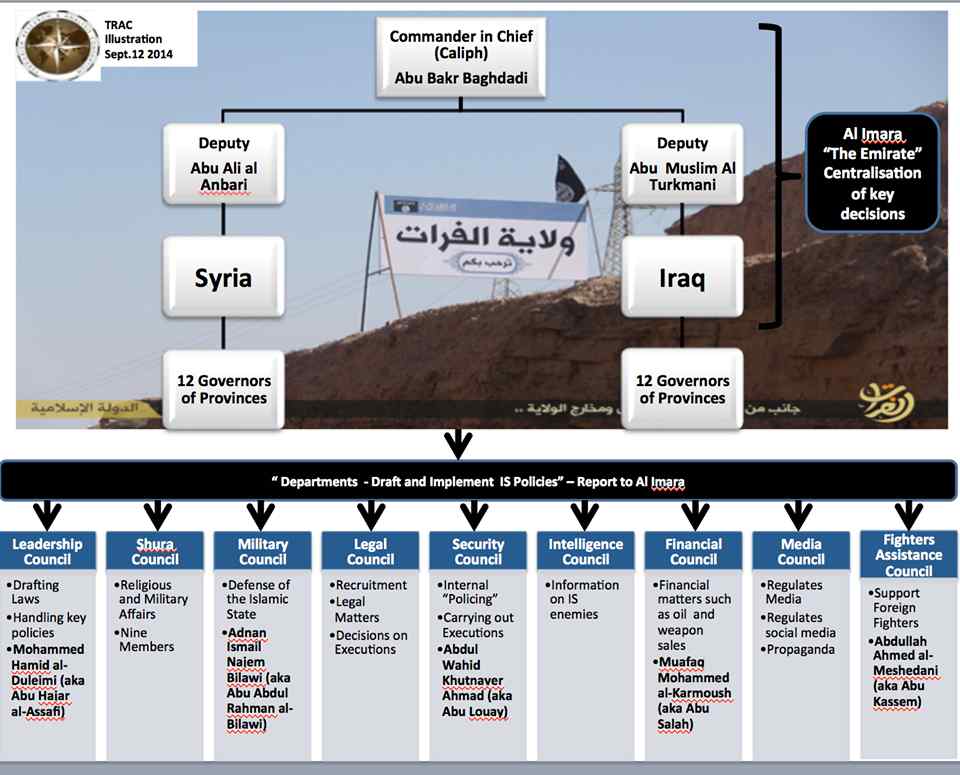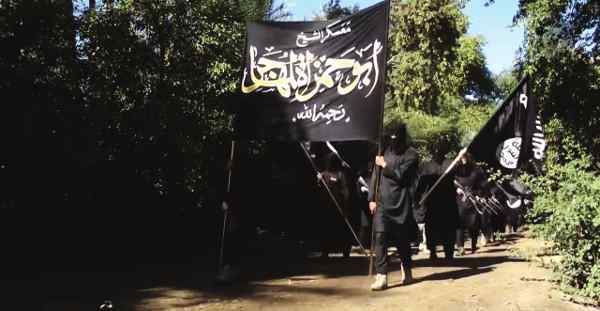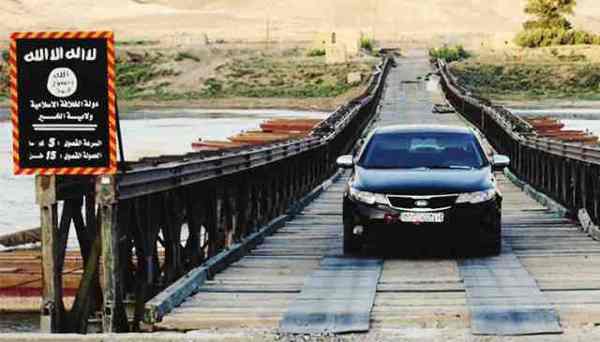Military Power Cannot Defeat ISIL: Wormuth

The campaign in Syria and Iraq against the Islamic State of Iraq and the Levant (ISIL or ISIS) terrorists is a whole-of-government approach, the undersecretary of defense for policy stressed Monday during a Center for International Studies military strategy forum in Washington.
Christine E. Wormuth is the latest official to emphasize that ISIL cannot be defeated by military power alone.
Last week, Defense Secretary Ash Carter told the Senate Armed Services Committee that of the nine lines of effort in the strategy, the Defense Department has only two of them: denying ISIL safe haven in Iraq and Syria, and building partner capacity in Iraq and Syria.
“Ultimately,” Wormuth said, “we won’t have a lasting defeat of ISIL unless we leverage all different parts of the U.S. government and coalition governments … to bring the fight to ISIL in terms of countering its financing, in terms of defeating its messaging, in terms of stopping the flow of foreign fighters that are coming from countries around the world.”
The undersecretary reported on DoD’s efforts against the terror group. To date, she said, there have been more than 5,000 airstrikes in Iraq and Syria.
“This campaign has produced some tactical results,” she said. “We have limited ISIL’s freedom of movement, we have constrained its ability to reinforce its fighters and supply lines, and we’ve degraded its command and control.”
But an air campaign is not going to defeat ISIL, she added. “We need to have an accompanying ground campaign as well,” she said. “We’ve been working particularly hard in Iraq to get that campaign going.”
She spoke of an operation in northern Syria that has put tremendous pressure on ISIL’s headquarters in Raqqa. “Events like this demonstrate that when we can find credible forces on the ground and pair them with coalition airpower and work in a coordinated way, we can actually put the hurt to ISIL,” Wormuth said.
Local forces are key to this effort, the undersecretary said, noting that as of June 30, about 8,800 Iraqi army soldiers and Kurdish peshmerga fighters have gone through training courses. “We also trained about 2,000 counterterrorism personnel – the more elite forces in Iraq,” she said. “We now have coming through the pipeline another 4,000 soldiers, 600 of those counterterrorism personnel.”
Wormuth acknowledged that the train-and-equip program for Syria is experiencing challenges, and only 60 Syrians have been trained to date. But the program received funding only seven months ago, she said, and since then, U.S. officials have had to negotiate sites for the training, assign the personnel, put the vetting process in place and work with partners.
“We started bringing our first recruits to the training sites in May,” she said. “A number of them did not meet our very vigorous screening standards. … A good number of the recruits dropped out when they realized we were serious about having this program fighting ISIL, as opposed to fighting the Assad regime.”
Now, some 7,000 Syrian volunteers have stepped forward, Wormuth said. “I think that speaks to the fact that there is a lot of potential for this program,” she added.
Photo courtesy: U.S. Department of Defense





